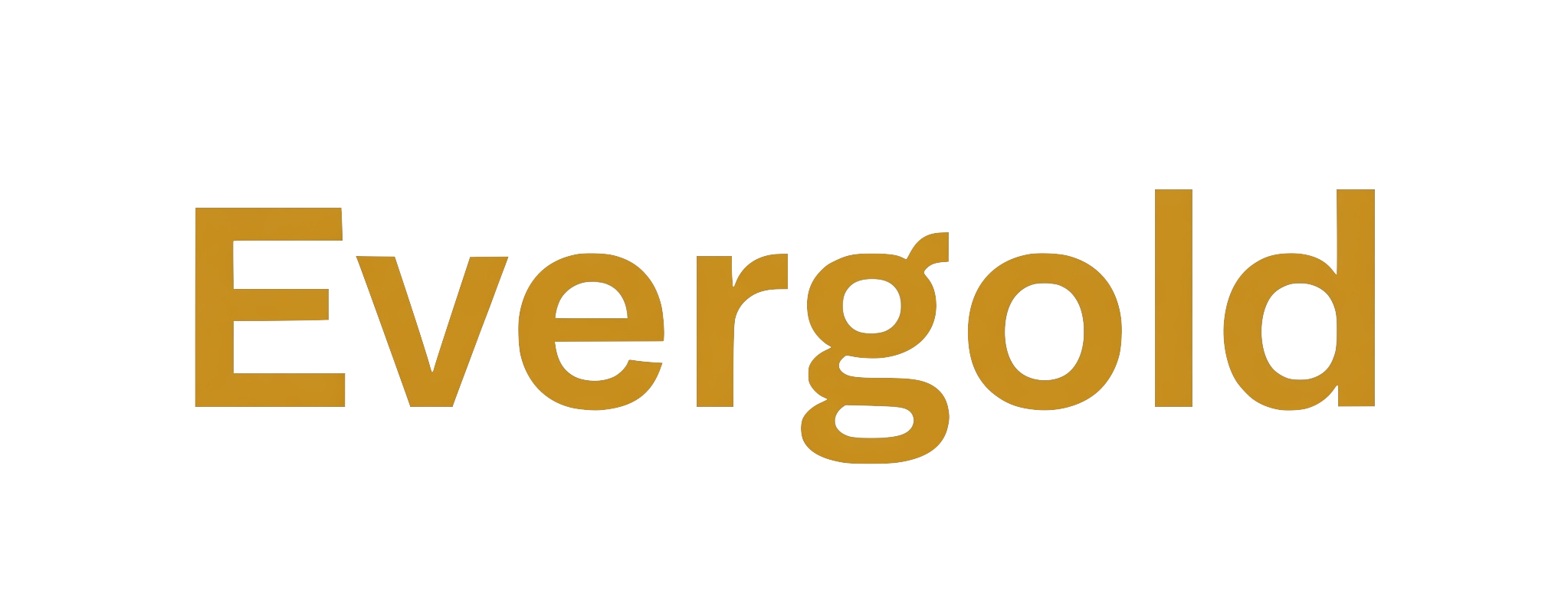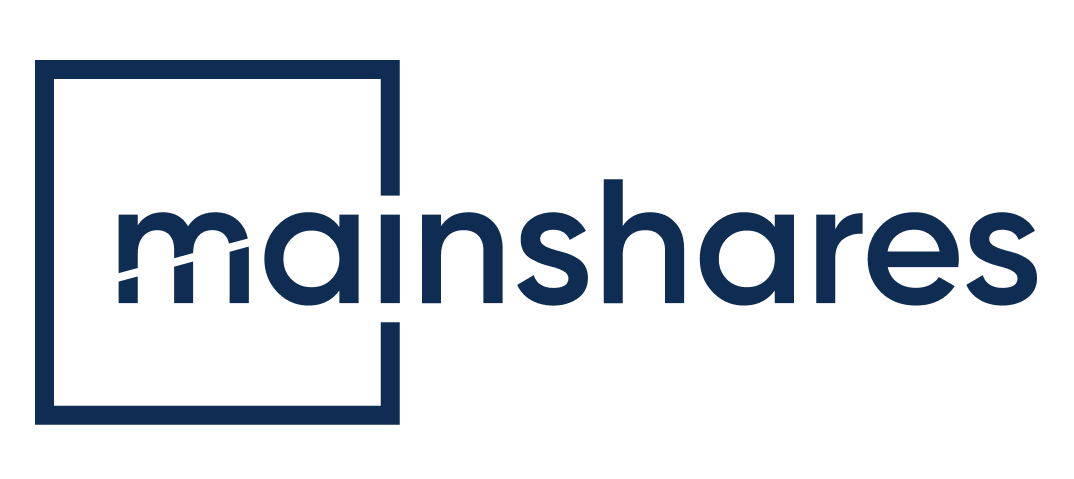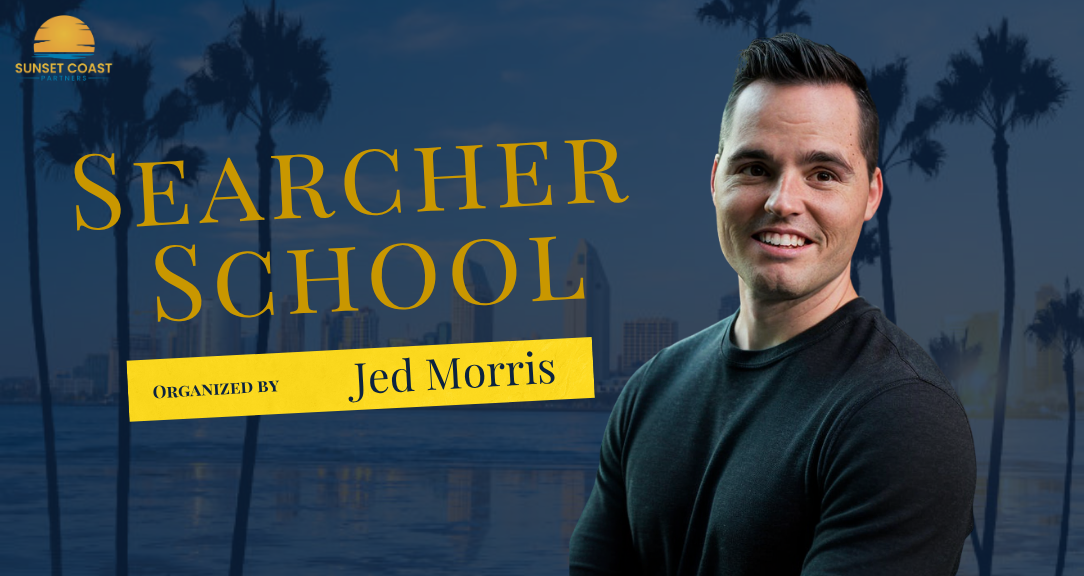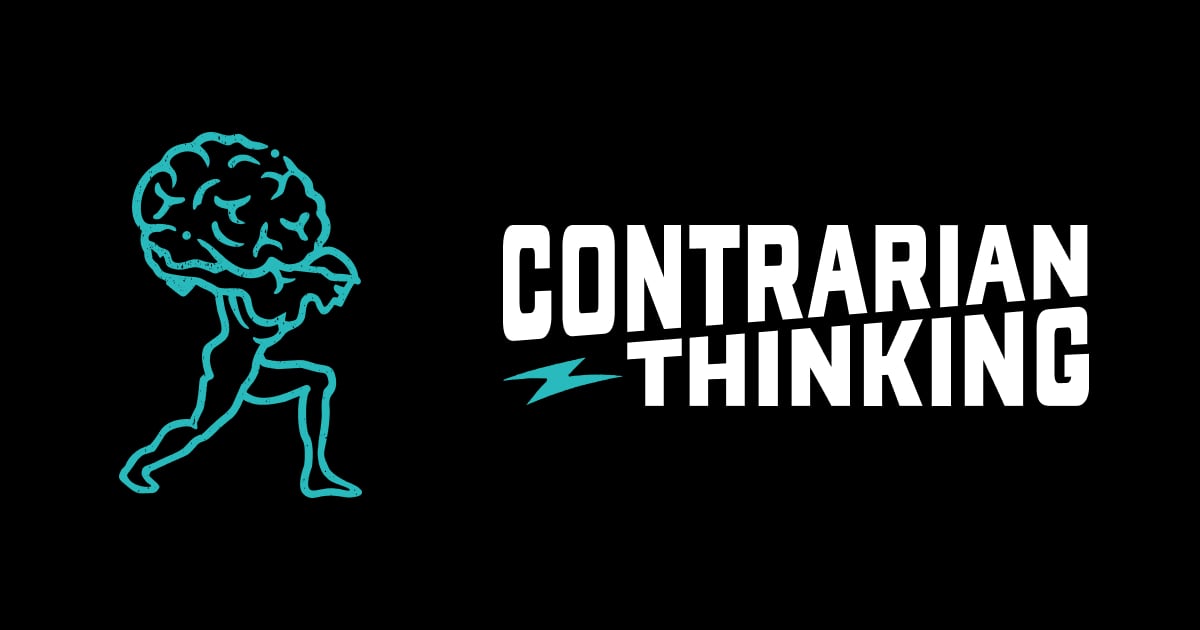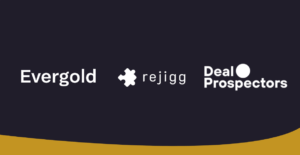Buying a small business is not for the meek. Competition is fierce. The learning curve is steep. And the noise abounds. For self-funded searchers, the journey can be unexpectedly long and lonely. No wonder so many turn to online communities for peer motivation, structured learning, deal flow, and exposure to a network of successful entrepreneurs.
Having actively searched for over a year, I’ve joined many such communities and wanted to share thoughts to help others wondering which are worthwhile.
I’ve evaluated a mix of free communities, low-cost membership platforms, and white glove incubators—each suited to different stages of the search journey. To narrow the list, I considered the value each provides in terms of networking, community engagement, and education.
Whether you’re just exploring self-funded search or you’re actively seeking mentorship, this list will help you find the most useful online ETA communities for your goals and budget.
Comparing the Top ETA Communities
Beginners who want to test the waters, connect with peers, and get a feel for ETA without committing financially.
Read review
MainShares Network is one of the most approachable entry points into the ETA world. Since it’s free, it lowers the barrier for newcomers who might be curious about acquisitions but aren’t ready to invest heavily in training or incubators. The platform functions like a professional forum where searchers and small business buyers can exchange ideas, discuss challenges, and share resources.
What makes it stand out is the mix of beginner-friendly conversations and more advanced threads led by experienced searchers. Newcomers can post questions about the basics—like structuring a search fund or financing a deal—without feeling out of place, while seasoned members often chime in with practical, firsthand advice. That blend makes it valuable as a community, not just a static learning resource.
Another advantage of MainShares is the low-risk networking it provides. Since there’s no cost to join, it’s easy to dip in, make connections, and see if ETA feels like the right path for you. For many people, it’s the first place they get exposed to common deal structures, investor expectations, and even the emotional ups and downs of the search journey.
That said, being free also means it doesn’t offer the depth or structured accountability of paid programs. There’s less curation, and discussions can sometimes lack focus. But as a starting point, it’s hard to beat.
Searchers ready to move beyond theory, who want access to live deals, networking with investors, and a library of real-world insights—all without paying incubator-level fees.
Read review
Searchfunder has become one of the most recognized online platforms for Entrepreneurship Through Acquisition. Unlike free communities, it operates as both a networking hub and a deal marketplace, which makes it especially valuable once you’re past the “curious beginner” stage and actively searching.
At its core, Searchfunder is a membership-based platform where searchers, investors, lenders, and even business sellers converge. Members can browse and post deals, access financing partners, and tap into an active discussion board that covers everything from sourcing tactics to legal structuring. This deal flow component is what sets Searchfunder apart from purely social or educational communities—you’re not just talking about ETA, you’re seeing live opportunities.
What makes it particularly useful is the diverse range of participants. You’re not only networking with other searchers but also with investors and professionals who support deals. This creates an ecosystem where advice isn’t purely theoretical—it often comes from people actively involved in acquisitions.
Another strength is its knowledge library. With years of archived discussions, webinars, and resources, you can often find detailed answers to niche questions (for example, how to negotiate seller financing or manage SBA loan timelines). The cost of membership is relatively low compared to incubators, making it one of the best-value tools in ETA.
The trade-off, however, is that it can feel overwhelming. The volume of posts, deal listings, and content means it takes time to filter signal from noise. And while networking is strong, there’s less structured guidance than in a cohort-based program.
Beginners or early-stage searchers who want a structured curriculum, practical tools, and a supportive peer community without committing to high-cost incubators.
Read review
Searcher School, founded by Jedd Morris, is designed for searchers who want a structured, educational approach to Entrepreneurship Through Acquisition. Unlike free forums or broad networking platforms, this program focuses on giving searchers a clear roadmap for sourcing, evaluating, and closing deals.
What sets Searcher School apart is its practical, step-by-step curriculum. Members learn frameworks for deal sourcing, valuation methods, due diligence, and negotiating with sellers. It’s particularly helpful for first-time searchers who may feel overwhelmed by the sheer number of moving parts in ETA. The content is actionable, not just theoretical, and often comes with templates, checklists, and real-world examples.
Another strength is the community of learners. While it’s not as large as platforms like Searchfunder, the cohort-based structure means you can connect with peers at a similar stage in their search. This allows for meaningful discussions, accountability, and shared learning experiences—especially valuable when navigating complex transactions.
The program is also cost-effective, sitting comfortably in the low-cost range. You get structured guidance and access to mentors at a fraction of the price of high-end incubators, making it an excellent middle ground between free communities and premium programs.
The main limitation is that it doesn’t provide the same live deal flow or direct investor connections as Searchfunder. Its focus is education-first, so searchers will still need to leverage other platforms or networks to source deals.
Serious searchers who are ready to invest financially and commit to a guided, cohort-based program with mentorship and accountability.
Read review
Acquisition Lab is one of the most well-known incubators in the ETA space, founded by Walker Deibel, author of Buy Then Build. It’s designed for searchers who are serious about committing both time and resources to acquiring a business. Unlike free forums or low-cost platforms, Acquisition Lab offers a highly structured, cohort-based program that combines education, mentorship, and accountability.
One of its biggest strengths is the step-by-step guidance through the entire search and acquisition process. Members learn how to source businesses, approach sellers, analyze financials, and secure financing, all within a guided framework. The program also emphasizes mindset and discipline, which are crucial for managing the long and sometimes unpredictable search journey.
The community element is strong. Being cohort-based means you’re not only learning from Walker Deibel and other mentors but also from peers who are actively searching. This creates opportunities for networking, collaboration, and shared problem-solving—something you rarely get in self-paced programs.
Another advantage is the accountability and mentorship. Unlike free communities where advice can be hit-or-miss, Acquisition Lab provides structured check-ins and coaching, which can significantly accelerate your learning curve and increase your chances of successfully closing a deal.
The trade-off, of course, is cost. Membership is high compared to platforms like Searchfunder or Searcher School. But for searchers who are serious and ready to invest in a structured path, the combination of mentorship, community, and actionable frameworks often justifies the expense.

4. Acquisition Lab (Walker Deibel)
Searchers who want to explore unconventional acquisitions, focus on overlooked businesses, and benefit from a curated, mentorship-driven community.
Read review
Contrarian Thinking, created by Codie Sanchez, is a community and incubator focused on unconventional approaches to small business acquisitions. Unlike traditional ETA programs that often emphasize standard frameworks and typical industries, this community encourages searchers to explore “boring” or overlooked businesses that can yield strong returns with the right strategy.
What makes Contrarian Thinking stand out is its emphasis on creative deal sourcing and investment strategy. Members share insights on off-market opportunities, alternative financing structures, and ways to identify businesses that others might ignore. This makes it ideal for searchers who want to think outside the box and differentiate themselves in a competitive market.
The program also offers high-touch mentorship and community engagement. Members can interact with Codie and other experienced investors, participate in workshops, and learn from real-world case studies. The community is smaller and more curated than platforms like Searchfunder, which helps foster deeper conversations and meaningful connections.
The primary trade-off is cost and focus. It’s a high-cost program, and because it’s geared toward creative or contrarian strategies, it may not cover every standard ETA scenario. Searchers seeking a traditional, broad-based curriculum might need to supplement it with additional resources.
Searchers who are ready to get tactical, focusing on sourcing, evaluating, and closing deals with practical, hands-on guidance.
Read review
SMB Deal Hunter, founded by Helen Guo, is designed for searchers who are deeply focused on deal sourcing and evaluation. Unlike broader ETA communities that mix networking with education, this program emphasizes actionable strategies for finding, vetting, and analyzing small businesses.
One of the key strengths of SMB Deal Hunter is its hands-on approach. Members receive guidance on building a deal pipeline, identifying acquisition targets, conducting due diligence, and negotiating effectively. Templates, checklists, and real-world examples make the learning highly practical and directly applicable to live searches.
The community component is strong as well. Because the program is more specialized, members tend to be highly engaged and focused on the same goal: acquiring their first or next business. This allows for targeted discussions, peer problem-solving, and mentorship opportunities that can accelerate a searcher’s progress.
The trade-off, as with other high-cost incubators, is the financial investment required. While the guidance and mentorship are valuable, the program is best suited for searchers who are committed to actively sourcing deals and want structured support to maximize efficiency and outcomes.
Searchers who have completed or are close to completing their first acquisition and want advanced guidance on scaling, profitability, and planning successful exits.
Read review
Exit School and Acquisition Profits are designed for searchers who are beyond the beginner stage and looking to scale their acquisitions or prepare for exits. Unlike entry-level communities or education-focused platforms, these programs focus on advanced strategies for maximizing business value, managing growth, and executing successful exits.
A major strength of these programs is their mentorship and real-world guidance. Members gain access to experienced operators, investors, and advisors who provide insights on complex topics like scaling operations, financial optimization, and exit planning. The content is often presented through case studies and live coaching sessions, giving searchers actionable strategies rather than just theory.
Another key advantage is the focus on community of like-minded, experienced searchers. Because participants are typically farther along in their ETA journey, discussions are more advanced, detailed, and directly relevant to executing transactions successfully. This environment fosters high-quality networking and knowledge-sharing that can accelerate business growth.
The main trade-offs are cost and prerequisite experience. These programs are premium-priced and assume participants already have some acquisition experience or at least a clear path toward acquiring a business. Beginners may find them less accessible without first building foundational knowledge through other communities.
Searchers who want a hybrid community + event-driven ecosystem
Read review
Search Fund Coalition (SFC) is a community built for searchers, operators, and investors who want more than just online discussion. It blends digital resources with live events, workshops, and deal-review sessions that bring together active players in the ETA ecosystem. Through programs like SearcherBoost and recurring events such as ETA Deal Team Day, members gain access to capital partners, real-world deal examples, and expert guidance on structuring transactions. While some of the premium features come at a cost, SFC stands out for its dynamic, event-driven approach and practical focus on collaboration and execution.

8. Search Fund Coalition
(Honorable Mention)
Conclusion
I’d argue that finding a community of like-minded entrepreneurs is essential for success in self-funded search. That said, too much noise can hamper your search, so it’s important to tap into the right group(s) online based on where you are in your journey and how much you’re prepared to invest to accelerate your timeline. Platforms like MainShares and SearchFunder are no brainers. They are free (assuming you actively engage), and have proven tremendously invaluable from day 1. And over a year into my own search. I still learn from others’ posts daily. I’ve also met dozens of fellow searchers I now consider friends, sourced a handful of attractive deals, and networked with many eager lenders. Stop reading right now and sign up for both if you haven’t already!
I’ve enjoyed Jed Morris’ Searcher School since its inception, although it’s not as valuable (yet) as Mainshares or Searchfunder. Jed sheds light on his proprietary search workflows and provides daily updates on his progress, which is both insightful and motivating. Highly recommend Searcher School for anyone seeking daily accountability and practical advice to refine your outreach to potential sellers. His office hours allow you to ask questions directly to an emerging industry leader who has proven the model many times over.
For those ready to commit significant capital for more hands-on guidance, incubators like Acquisition Lab, Contrarian Thinking, and SMB Deal Hunter may be the right call. These intensive cohort-based programs offer mentorship, accountability, and tailored consultation.
There’s no one-size-fits-all answer. The best community for you will depend on your experience level, preferred method for learning, and timeline. Beginners may find value in free and low-cost platforms that build foundational knowledges. But as your runway of personal savings evaporates, a more structured path to acquisition may start to make more sense. Experienced searchers or those with more runway can justify a more DiY or self-paced approach.
The common thread across all of these communities is the opportunity to learn from others, avoid costly mistakes, and build a trusted team of peers and mentors who understand the ever-evolving challenges of ETA.
If there’s a killer online ETA community missing from my list, please let me know! I’m always on the hunt for more valuable connections and learnings. I love meeting fellow searchers, so don’t hesitate to reach out for any reason. If you liked this post, feel free to share it in your favorite online searcher community and sign up for my newsletter to get more helpful breakdowns like this in your inbox.
